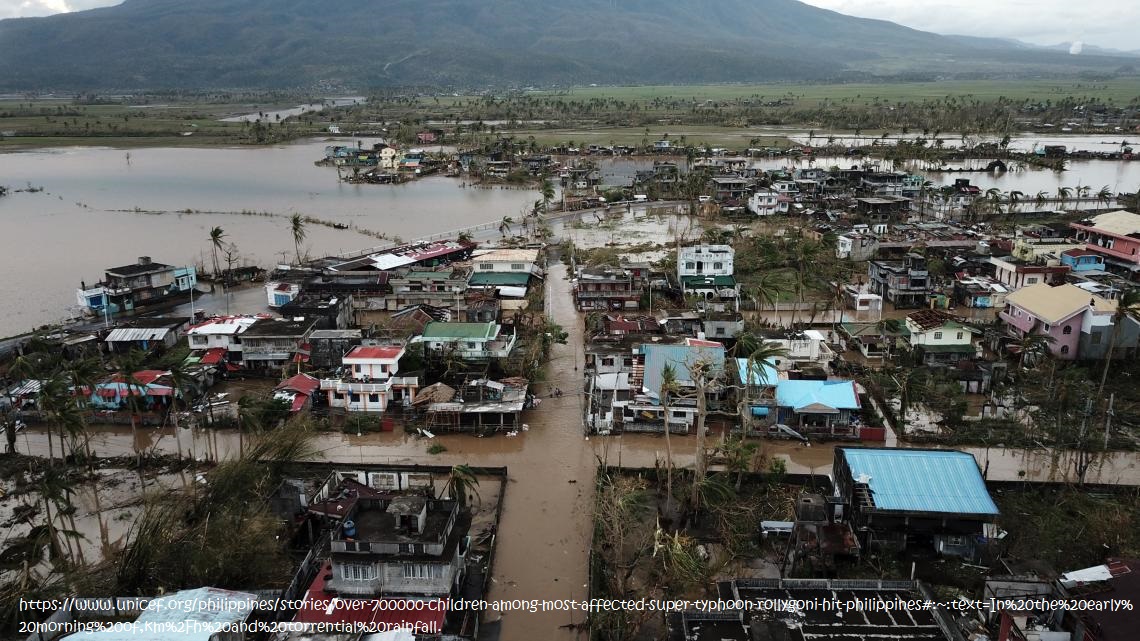TIPS ON HOW TO SURVIVE TYPHOONS BEFORE, DURING, AFTER
In the early morning of November 1. 2020, Super Typhoon Rolly with international name – Goni made its first landfall in the Philippines in Bato, Catanduanes - an island province in the Bicol region in Southern Luzon with catastrophic and torrential rainfall.
Rolly is the most powerful typhoon hitting, smashing buildings, toppling trees, and causing floods and mudslides in the different parts of the Country in 2020 to date amidst the COVID-19 pandemic.
From the initial report, Typhoon “Rolly” has killed 16 persons and affected two million people and the fatalities were reported in Albay and Catanduanes – two of the hardest-hit areas in Bicol (Region 5)

And now, still not yet recovering from the devastation from Super Typhoon Rolly, another Tropical Storm Siony, with internationally known as Atsani, started to intensify as it hovered over the Philippine Sea, giving rise to the possibility that it may make landfall as a typhoon. So in order to survive from a typhoon, here are very practical tips and timely reminders to prepare for a storm.
BEFORE
- Be updated with the latest weather reports. - staying informed with the latest weather bulletins and following government announcements and warnings are the best starting points to prepare yourself and your families for the storm
- Make communication plans. - Stay in contact but have a plan in case cell phone coverage disappears during the storm; like a predestined meet-up place where you can find each other once it is safe to go out again.
- Prepare supplies and disaster gear. - Have emergency supplies ready and have them ready to carry out in a small backpack so you can have your hands free.
- Protect property. - Secure your property before a storm hits by trimming trees, securing roofs and covering windows.
- Obey evacuation orders. - Follow instructions from government officials on pre-emptive evacuation at all times.
DURING
Secure yourselves. - Stay in a safe place. It is important to be aware which areas are prone to floods, landslides etc. and which buildings are safe enough to withstand a typhoon. Do not go outside during the storm.
AFTER
Continue to be alert. - Do not wade through floodwaters to avoid being electrocuted and contracting diseases. If your house is destroyed, make sure that it is stable before you enter. Watch out for live wires or outlets immersed in water. Report damaged electrical cables and fallen electric posts to the authorities.
Credit to: https://newsinfo.inquirer.net
